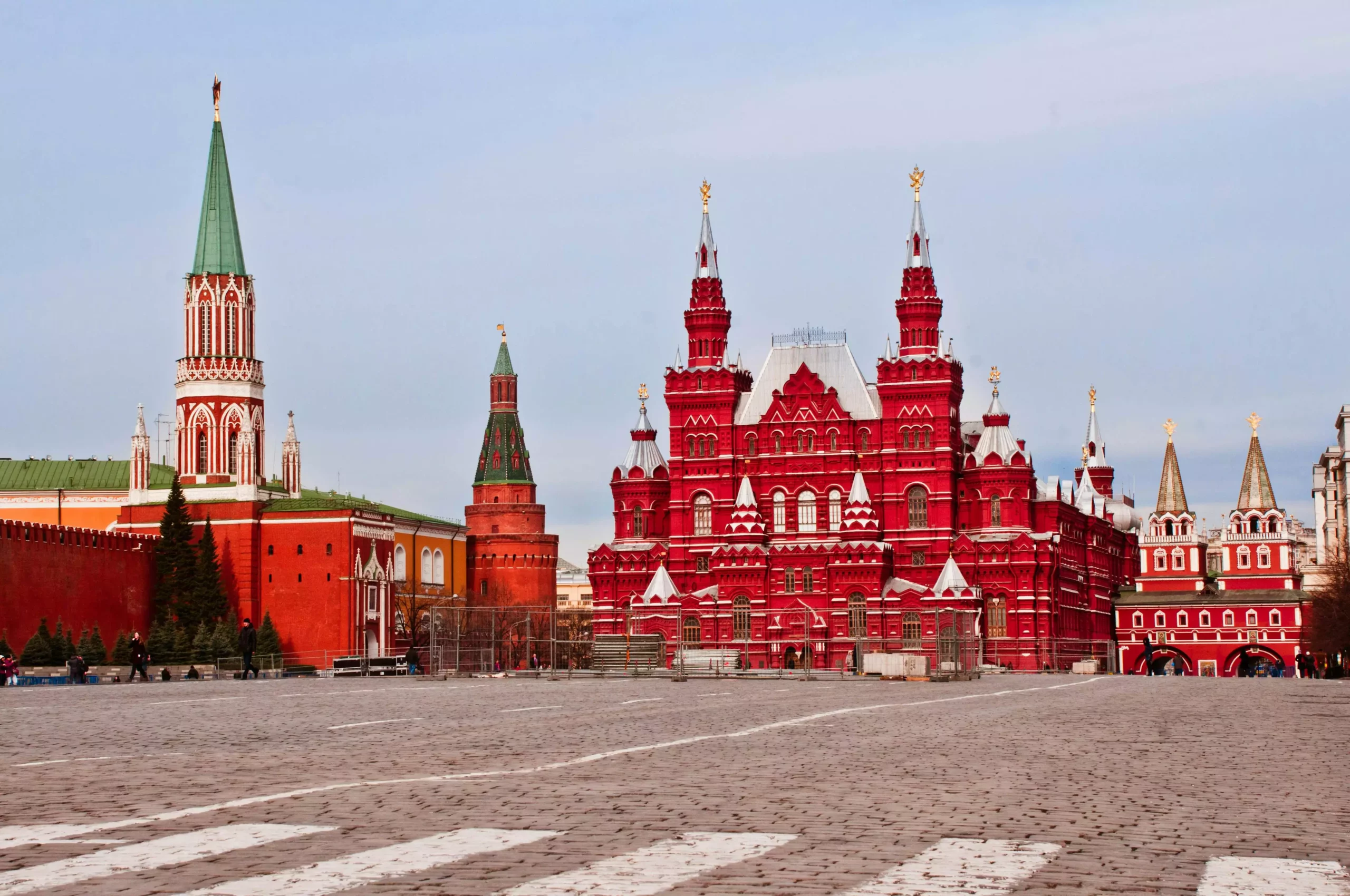As cryptocurrencies continue to carve out their niche in the global financial landscape, Russia’s recent introduction of Bitcoin futures contracts through the Moscow Exchange may appear as a progressive leap into modern finance. However, a deeper examination of this development reveals a potential minefield of economic risks that might outweigh any perceived benefits. The intention behind this cautious maneuver seems to be to keep local investors engaged without exposing the broader financial system to the tumultuous nature of the crypto market. Regrettably, this guarded approach raises critical concerns about systemic stability, market access, and investor protection.
Exclusivity at the Expense of Common Investors
One of the most troubling aspects of the new futures contracts is the clear exclusivity imposed by the Bank of Russia. By limiting participation to “qualified investors” such as large banks and financial institutions, the Russian financial ecosystem effectively ostracizes regular investors from a potentially lucrative opportunity. This dynamic makes one question: is this really a step forward for financial inclusion, or merely a way to placate elite financial players while leaving everyday citizens in the dark? If the goal was to foster a more inclusive financial atmosphere, then restricting access only to the chosen few contradicts that vision.
Foreign Currency Risks Hidden Under Local Rubber Stamps
Although the futures contracts are priced in US dollars and settled in Russian rubles, this arrangement could lead to severe foreign exchange exposure risks. As financial markets get increasingly interconnected, volatility in foreign currency rates can have drastic effects on local trading derivatives. A scenario could emerge where local currency devaluation sabotages the potential gains from Bitcoin futures trades, leading to larger ramifications for the Russian economy. It’s an unrefined balancing act, and the safety net appears to be woven with fragile threads.
The Risk of Regulatory Overreach
The cautious yet restrictive approach by the Bank of Russia raises questions about governance and its role in market innovation. While there is undeniable merit in caution, regulatory overreach is just as detrimental as reckless abandonment. The ongoing recommendations for banks and investment firms not to engage in direct Bitcoin trades, while permitting products like futures for approved parties, reveal a double standard that could stifle innovation in the burgeoning blockchain arena. Regulation must evolve to foster responsible growth, rather than curtail opportunities for creative financial solutions that could drive economic resurgence.
A Controlled Environment or a False Sense of Security?
Describing the futures contracts as a “smart middle ground,” some analysts laud the strategic maneuver of avoiding dependence on foreign exchanges. However, this notion paints a false picture of security while it skirts around the inherent volatility of cryptocurrencies. By attempting to contain Bitcoin futures within the borders of Russia, authorities may be underestimating the market’s inherent unpredictability. The release of these financial instruments doesn’t negate the fluctuation in Bitcoin’s price, nor does it insulate investors from potential risks. A controlled environment provides a facade of stability, but is merely a thin veneer over the chaotic reality that cryptocurrency embodies.
The Illusion of Control: An Unreliable Strategy
Ultimately, Russia’s cautious embrace of Bitcoin futures could yield larger concerns that overshadow the intent to keep operations insulated from foreign exchanges. This is not just an issue of investor access but a broader dilemma involving global integration and stability. With major players outside Russia engaging freely in the crypto space, local financial institutions are left operating in an increasingly limited, and potentially outdated, framework. The regulatory narrative is strategic, yet it is fraught with contradictions that don’t serve the evolving economy well.
In the grand scheme, Russia’s venture into Bitcoin futures contracts might not be the innovative leap it appears to be. Instead, it offers a kind of controlled impotence that stifles true market progress, endorsing exclusivity over the collective potential of finance. While the ambition to control risk is laudable, wrestling with the mercurial beast of cryptocurrency proves to be far more demanding than simply rolling out slick new financial products for the elite.



















